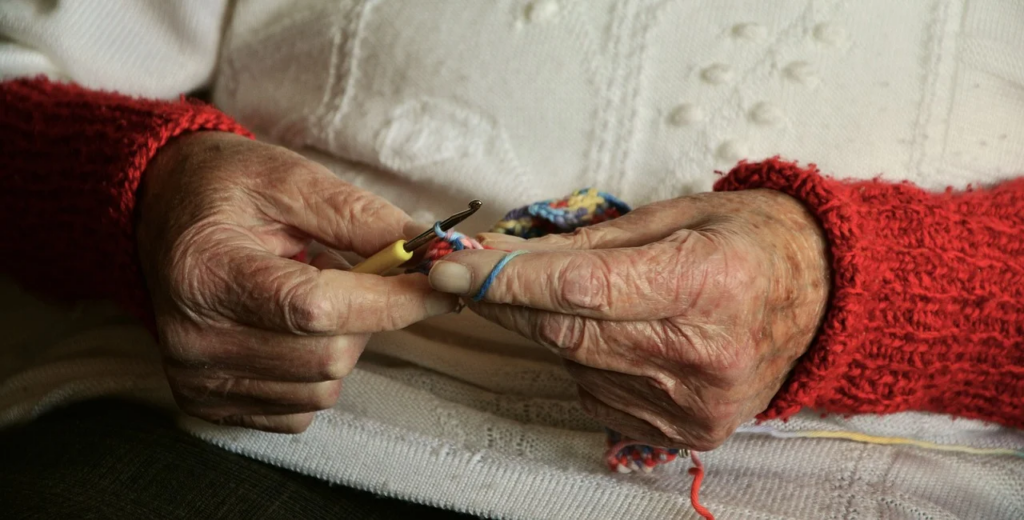In 2016, 34 million Americans provided care to their aging parents. It is not an easy task, especially if they are sick. Of course, you want to give the best to your parents and loved ones. You want them to be comfortable; thus, you respond compassionately and rationally to their needs. These needs are in constant flux, and perplexing, which makes taking care of them feel like a roller coaster ride.
It gets to a time when you cannot speak to your aging parents without jeopardizing your relationship or upsetting them. Sometimes you wonder whether to make decisions for them regardless of their opinions and preferences or allow them to make independent choices concerning their lives. As much as you want to be there for your parents, chances are you are in a phase of many responsibilities in your personal life. Therefore you need to get some tips to make your life and your parents better.
Familiarize yourself with the issues of aging
Learn about the issues your parents are facing and how to help them adapt to the changes. Always strive to understand and accommodate your parents as they transition. You can arrange for a professional care provider to familiarize yourself with some of the issues of aging. Do not assume you know what that stage is all about since you are new to it. As parents age, they tend to cling onto their independence, even when suggestions from their children have their best interests at heart.
You should understand that at this age, parents are very sensitive to criticism. They do not want you to check the expiry date of every item in the refrigerator and cabinets. For you to take better care of your aging parents, learn what they are going through, what to expect, and how to deal with it. Do not exert too much pressure on your parents.
Be a good listener and a confidant
Your parents will need someone to confide in, get care and reassurance, and to receive affection. As much as your parents are old, they still deserve to be respected and loved. They will need someone to discuss and solve problems with. It is your role to take care of your aging parents without making them feel like a burden to you. Be available to listen to them and offer words of support.
You could request your parents to share their current experiences. As they talk, listen actively, and pay attention to details. You may get a lot of information that will help you as you age. Allowing them to share their experiences will help you take better care of them.

Practice patience, kindness, and respect
Roles reverse as people age. The mom and dad who nurtured and protected you are the ones to be cared for and protected. Most people approach their new roles with anger and resentment. Simply because you are more capable than them does not mean you know better, or have the right to treat your parents with less consideration.
You should never belittle your parents despite the situation they are going through. Be sensitive to who they are as people, and continue respecting them as you have before. Avoid issuing orders on what they should do. No matter how perfect your opinions are, when they disagree with your views, accept their decisions, and move on.
Forgive them
One of the best ways to understand someone is to forgive them or ask for their forgiveness in the utmost humility. Forgiving does not mean relinquishing your anger about what happened. You have every right to be angry and walk away from them, but you choose to forgive them. When you forgive someone, you stop tying your thoughts and emotions in resentment. When you disagree with your aging parents, forgive them, and move on.
Put legal documents in order
Locate your parents’ essential documents if they become ill, need to move, or fill for state or veterans benefits. Some important documents include their will, power of attorney, and medical history.
Taking care of your aging parents is not the easiest thing to do. The safety and health of your aging parents should not be an afterthought. You should get everyone in the family to agree to the major life decisions for your parents. For some, this means staying and home and taking care of your parents, hiring a caregiver, or taking them to a home for the elderly. Do not make rational decisions about the care to offer your parents. Consult with them so that you can decide together on what kind of care to provide.

